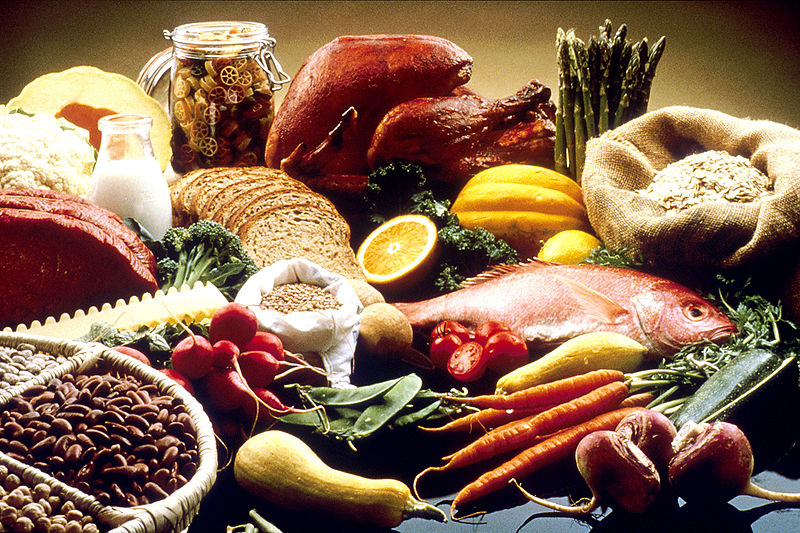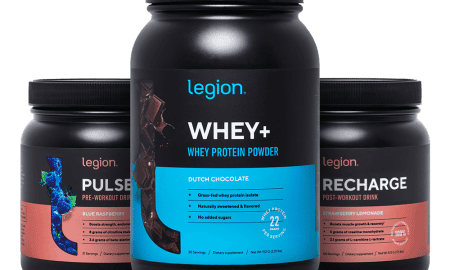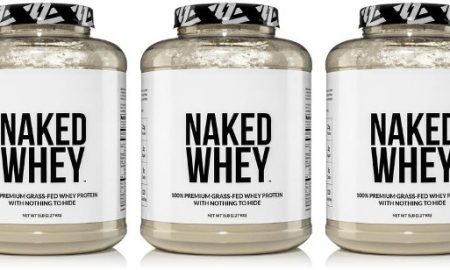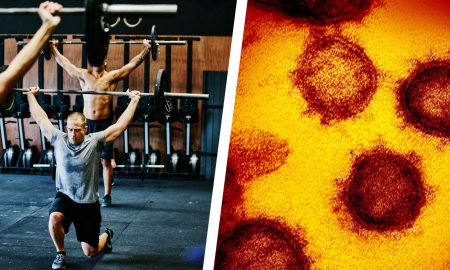
Believe it or not, having a healthy digestive tract can benefit your body in more ways than just having better bowel movements. In fact, researchers have discovered that the building up of bad bacteria in your gut can be linked to high cholesterol levels and even chronic kidney diseases. On the other hand, balanced digestive bacteria have been found to improve a person’s immune system, emotion, and brain processes.
That being said, consider incorporating foods that can help improve your gut health in your diet. Prebiotic foods and foods rich in probiotics are a great way to achieve digestive health equilibrium. And increase the level of good bacteria in your digestive tract.
Whether you’re looking to incorporate natural prebiotic foods in your diet or wanting to try supplements like OMNiBiOTiC, read on to discover the difference between prebiotic foods from probiotics, and more.
Prebiotics vs. Probiotics
Though prebiotics and probiotics sound very similar, each has its own unique features in terms of digestive health. Yet, both, either alone or when combined together in your diet, could potentially improve your overall health significantly.
Simply put, prebiotics are fibers and sugars contained in fruits, vegetables, and whole grains which act as food for your digestive microbiome. Prebiotic fibers vary in different types such as inulin, fructo-oligosaccharides, and other oligosaccharides.
Because humans are unable to digest plant-based components like fiber, these products are then redirected to the large intestine where colonies of good bacteria (or probiotics) are found. These fibers help foster a better environment for good bacteria to thrive so that they can overpower the bad ones.
Probiotics are live microorganisms found in your body as well as fermented foods. Common foods rich in probiotics include:
- Yogurt
- Sauerkraut
- Kimchi
- Miso
- Kombucha
- Traditional buttermilk
- Cheeses (cheddar, mozzarella, and gouda)
- Tempeh
- Miso
- Kefir
- Natto
Contrary to common belief, not all bacteria are bad for your body. Experts consider probiotics as your body’s good bacteria because they maintain the equilibrium and health of your digestive system.
Some of the most common conditions probiotics can help treat include irritable bowel syndrome (IBS), Crohn’s disease, infectious diarrhea, and diarrhea caused by antibiotics.
Lactobacillus and bifidobacteria are two of the most commonly used probiotics on the market these days.
Benefits of Prebiotics
Besides improving gut health, prebiotics can also affect other major organs and processes in your body, such as your brain, heart, gastrointestinal tract, skin, and immune system. This is possible due to the molecular size of prebiotic components being able to diffuse from the gastrointestinal tract and penetrate into the blood stream.
Though researchers have yet to come up with a more conclusive answer as to how prebiotics can benefit your body, here are some initial findings from previous studies:
- Research has shown how inulin components found in prebiotic fibers can help reduce the risk of developing gastrointestinal disorders, like irritable bowel syndrome (IBS), Crohn’s disease, colorectal cancer, and necrotizing enterocolitis.
- Prebiotics have also been found to help boost immune system. Recent studies show higher levels of lactobacillus and bifidobacteria may help decrease the number of harmful bacteria found in your body. Although this could also be possible because prebiotic-rich foods are normally composed of fruits, vegetables, and whole grain.
- Studies have shown how prebiotic fibers has helped reduce symptoms of depression and stress levels. They can also improve mood, memory, concentration, and learning. Experts believe that the gastrointestinal tract is connected to the central nervous system through a link called, ‘gut-brain axis.’ In fact, this is also considered to be a reason why digestive issues arise in the onset of depression.
- Researchers also discovered that consumption of prebiotics may help decrease the risk of developing allergic skin diseases, such as atopic dermatitis, also known as eczema.
- Studies have also shown results that prove calcium absorptions is improved with regular consumption of foods rich in prebiotics.
Where to Get Prebiotics
Despite there only being a few studies as of now to back up claims involving the benefits of prebiotics, they are most probably valuable dietary components. In fact, many of the best-known sources of prebiotics are even vegan-friendly.
If you’re looking into incorporating prebiotics into your meal plan, here’s a few of the prebiotic-rich foods you can start eating today:
- Chicory
- Jerusalem Artichokes
Also known as the ‘earth apple,’ Jerusalem artichokes are high in fiber and inulin. They help boost the immune system, promote proper muscle function, and increase probiotics in the gut.
- Garlic
Garlic is not just a flavorful herb to spice up your food. It’s also another great source of prebiotics that creates a better environment for probiotic growth while also preventing bad gut bacteria from multiplying.
Garlic has also been found to contain components that help reduce the risk of heart disease.
- Leeks
Leeks belongs to the same family as onion and garlic. Besides containing inulin, leeks also contain high amounts of vitamin K, which can help improve heart and bone health.
- Asparagus
Asparagus is not only a tasty side dish you eat while you enjoy a steak, but it’s also a great source for promoting friendly, anti-cancer bacteria in the gut.
- Bananas
Prebiotic fiber in bananas has been shown to increase healthy gut bacteria and reduce bloating.
- Watermelon
Watermelon is another fruit that contains prebiotics and can feed the good bacteria in your stomach. At the same time, watermelon has high water content, too, making it good for hydration.
Need a refreshing treat for both you and your gut bacteria colony? Watermelon is one of the best fruits which contains prebiotics that probiotics can consume. And being predominantly water in content, it’s also a great substitute for water to help your body stay hydrated.
- Oats
Oats are fiber-rich grains with prebiotic benefits. It also helps slow digestion helping you control your appetite for longer periods.
- Barley
More commonly known as an ingredient to making beer, barley is also an excellent source of prebiotic fiber along with immune-boosting antioxidants.
- Apples
Besides being a very delicious fruit, eating apples can also improve the gut microbiome in a way that supports heart health.
Conclusion
With all the possible health benefits probiotics and prebiotics may provide, they undoubtedly need modern science’s attention. If you want to experience some of the benefits of having a healthy gut, the best way to maintain your digestive tract is by eating a wide range of fruits, vegetables, and whole grain regularly.


















Follow Us